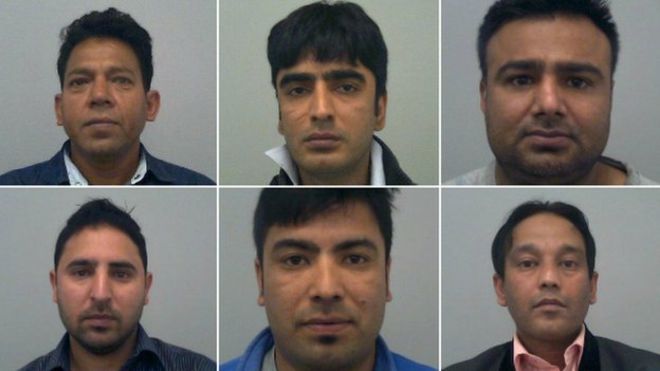DUBLIN — HERE in my city, earlier this month, Amnesty International’s international council endorsed a new policy calling for the decriminalization of the global sex trade. Its proponents argue that decriminalizing prostitution is the best way of protecting “the human rights of sex workers,” though the policy would apply equally to pimps, brothel-keepers and johns.
Amnesty’s stated aim is to remove the stigma from prostituted women, so that they will be less vulnerable to abuse by criminals operating in the shadows. The group is also calling on governments “to ensure that sex workers enjoy full and equal legal protection from exploitation, trafficking and violence.”
The Amnesty vote comes in the context of a prolonged international debate about how to deal with prostitution and protect the interests of so-called sex workers. It is a debate in which I have a personal stake — and I believe Amnesty is making a historic mistake.






You must be logged in to post a comment.